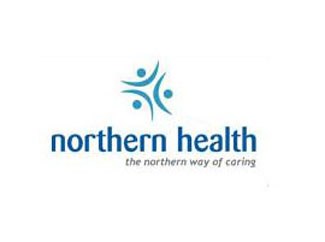A review of health services in downtown Prince George has found that a lack of coordination between various non-profits and agencies is hampering the care offered to some of the city's poorest and most vulnerable residents.
The surprisingly frank review involved focus groups with Northern Health agencies, non-profits contracted by Northern Health, downtown Prince George businesses, and other non-health service organizations. The report found that many Northern Health agencies conduct service delivery in "silos," which often hinders the sharing of information or the delivery of comprehensive care.
"Care for downtown Prince George (DTPG) patients/clients is currently delivered as a patchwork of services, each operating largely independently of the others," the report said.
"For clients, the use of different services can result in multiple care plans, non-coordinated care plans, and/or care plan information not being shared between providers."
The review also noted that Northern Health is recognized as a leader in B.C. for health service delivery in many areas. These include primary care homes, integrating elders as part of care delivery to indigenous people and the collaboration of health services with law enforcement in programs like Car 60. The review also noted that downtown Prince George is in a period of transition; the opioid crisis has hit the core at the same time as the opening of new restaurants and businesses, which have brought in more residents of suburban neighbourhoods.
"The review was focused on a particular population, the population that tends to be in many downtown communities that often has significant mental health and addiction issues and is living on or near the street," said Northern Health chief operating officer Penny Anguish.
"There has been a history of tension between the downtown businesses and the vulnerable populations we're talking about."
The report also noted that gaps in service delivery existed. Few service providers are open after 5 p.m., with the exception of the Prince George AIDS Prevention Program on the corner of Third Avenue and George Street. Waitlists for primary care and detox and transitional beds vary from organization to organization. Referrals are often not standardized based upon the needs of vulnerable individuals and are often based upon personal relationships. In addition, data is not often comprehensively captured or shared between Northern Health or non-profits contracted by Northern Health, who often deal with the same clients.
The key recommendation of the review was for an integration of health services in order to make them more accessible. This "wraparound" approach would provide primary and community care as well as specialized mental health and substance use services to the downtown area of Prince George. Many current service providers would be housed under the same roof.
"We need to now take those recommendations and there's a lot of people, other organizations that we need to have some conversations with a look at the implications of the recommendations," said Anguish.
Anguish said that key questions around implementation of recommendations from the review, such as funding or staffing, had not yet been determined.



